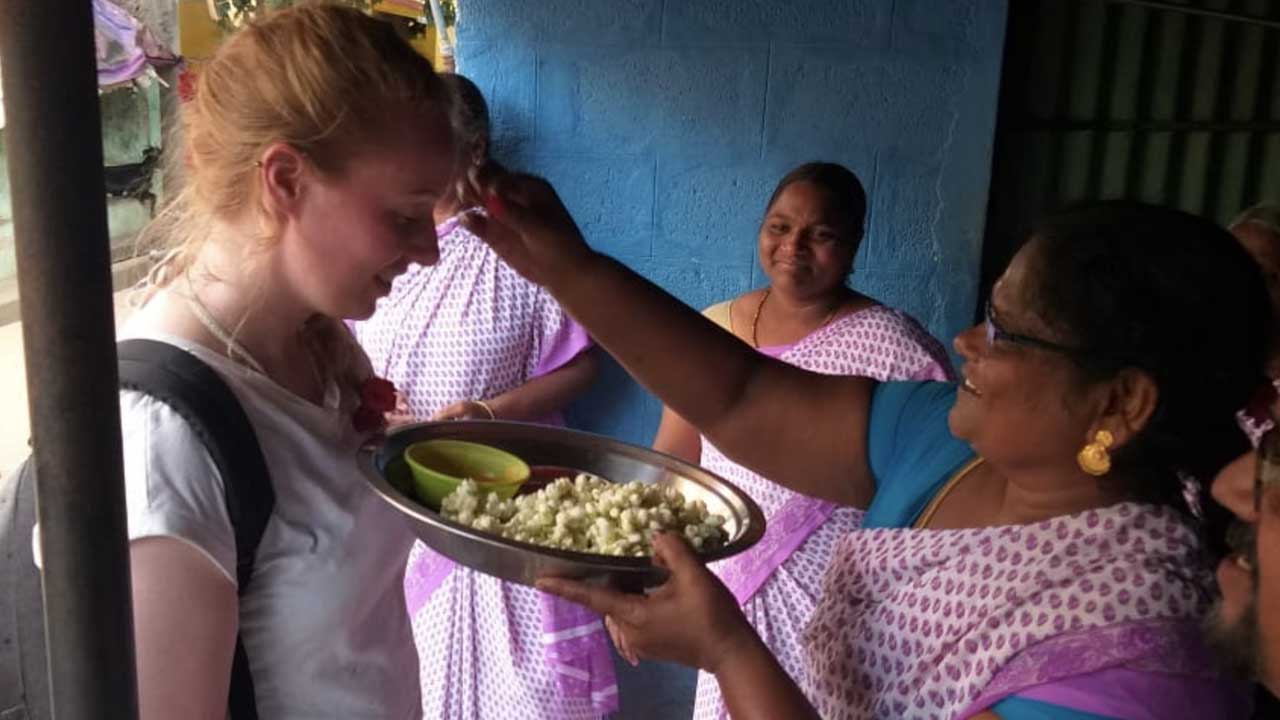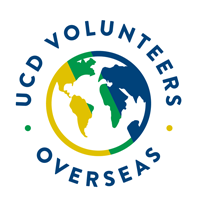Cambodia
UCDVO ran its first project in Cambodia in 2024 - the MOEI Education Project with Experiential Learning Asia. Following this pilot project, UCDVO continued this partnership in 2025, with UCDVO volunteers providing English language classes in NGO schools in the Siem Reap area, Cambodia. This project will take place again in 2026, building on the successes of the past two years.
UCDVO has previously worked with other partners in Asia, with a long history of working with partners in India. Between 2003 - 2019, UCDVO ran a number of volunteer projects in the areas of community development, education and health with partners in New Delhi, Assam and Meghalaya. Travel to India was paused in 2020 due to the pandemic, and it has not been possible to resume for a variety of reasons.

2026 Planned Projects
MOEI, Cambodia
MOEI is a project established by the Faculty of Social Science, University of Hong Kong in 2008. MOEI was initially formed to provide intensive English-language education for migrant children and adults from Burma located along the Moei River section of the Thai-Burma border. Since 2008 MOEI has expanded its reach to Myanmar, Cambodia, Laos & China. MOEI is now run as an independent volunteer initiative, managed by London registered Experiential Learning Asia.
The MOEI project engages with students from member universities of Universitas 21 and works closely with local communities and schools.
Project: MOEI Education Project, Cambodia
The project in Cambodia is five weeks in duration. Week one is an intensive TEFL training course, followed by four weeks of team teaching English conversation classes with Cambodian teachers in a MOEI partner school.
Dates: 30 May – 4 July 2026 (5 weeks)
Project Overview: Volunteers will assist in teaching English as a second language to students attending local free community schools, to a range of different ages. Classes will be taught alongside a Cambodian teacher following a set curriculum..
The 2026 program will follow a 1 + 4 format – 1 week of training and 4 weeks of class teaching at project location, in addition to online preparation sessions (these are in addition to the UCDVO programme days). In-class teaching generally takes place for 3-4 hours per day from Monday to Friday. Class sizes tend to range from 10 to 40, and pupils are often aged about 6-14 years. Instruction is usually at the elementary or intermediate level.
Volunteers: This project is open to students from all backgrounds but may be of particular interest to students on the Bachelor of Education programme. No prior teaching experience is required.
Past Partners - India
UCDVO has historically worked with a number of organisations in India, including Assam Don Bosco University, the Ferrando Speech and Hearing Centre, and Society for Working Life – Women’s Work and Health Initiative.
Assam Don Bosco University, Guwahati, Assam
UCDVO worked in partnership with Assam Don Bosco University in Guwahati, Assam between 2014 - 2019. Students from Assam Don Bosco University, Department of Social Work volunteered alongside UCDVO volunteers on community development projects. These activities include running workshops in response to social issues identified by the community.
Ferrando Speech & Hearing Centre, Shillong, Meghalaya
UCDVO partnered with the Ferrando Speech & Hearing Centre in Shillong, Meghalaya from 2014 - 2019. The Ferrando Centre provides specialist care for the prevention and reduction of the effects of preventable hearing impairment in young children through early identification, intervention, and preschool education. Alongside this, the Ferrando team work towards the empowerment of the families to face the challenges in bringing up their hearing-impaired children.
Society for Working Life (SWL) and Women, Work and Health Initiative (WWHI), New Delhi
The Community Educational and Development Centre (CEDC) in Sangam Vihar, New Delhi, was supported by UCDVO (with start-up funding from Irish Aid). The centre is run by SWL and WWHI and enables 100 children from the poorest areas of the city to access education, safe play and nutritious meals.



